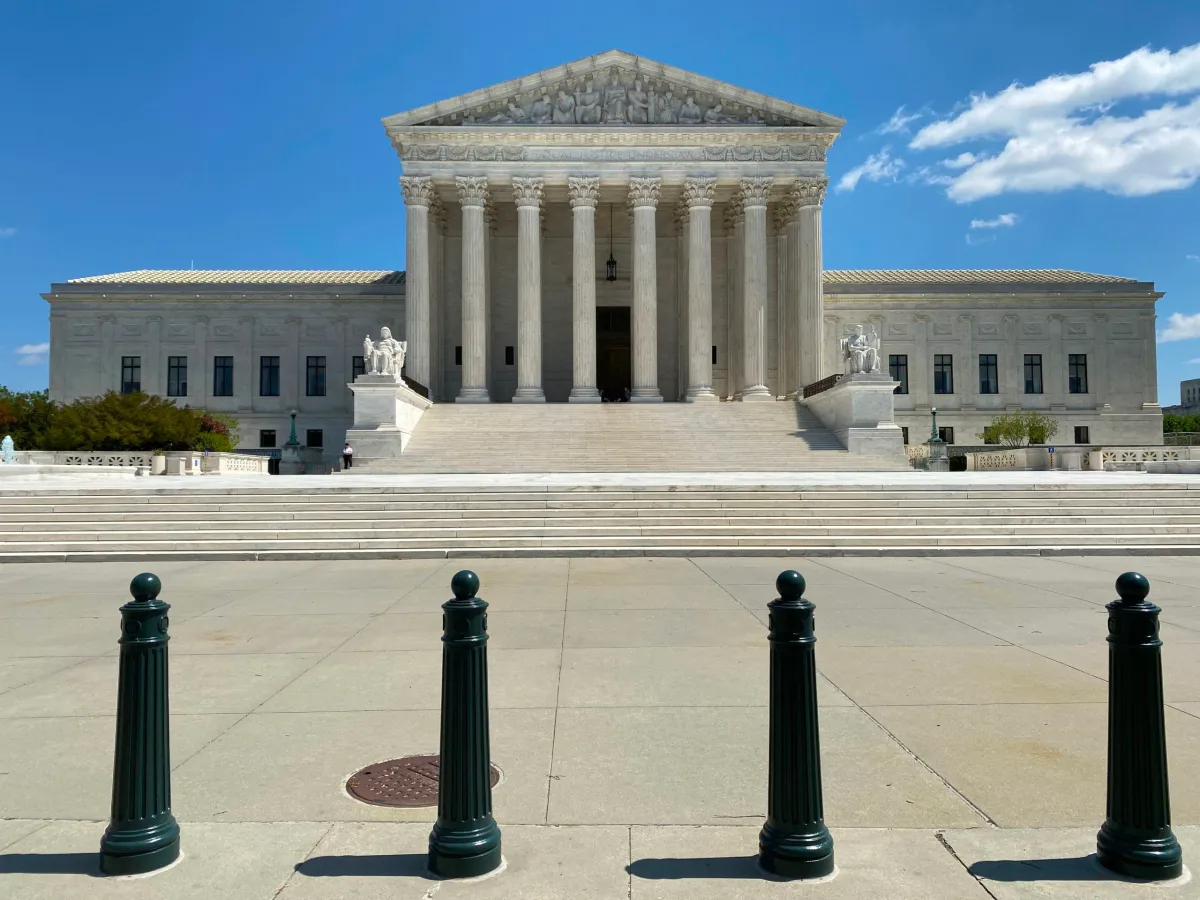Last week, the Supreme Court decided a case 6 to 2 that had huge implications for the tech industry. In the case of Google LLC v. Oracle America Inc., the issue before the court was (to oversimplify) if it was okay for Google to use code created by Oracle in their own Android products. The court held that it was fine for Google to use the code as a matter of fair use.
This is the result that court watchers expected and the result that tech companies wanted. The tech industry runs on code, especially open-source code that’s shared among developers and users, and a ruling in Oracle’s favor would have jeopardized the entire industry. But what we’re concerned with here isn’t just about the tech stuff. We want to know how this ruling affects an entire creative sphere that exists because of fair us: fanworks.
To get the expert perspective on this, we reached out to Heidi Tandy, a lawyer and expert in intellectual property and fair use who also happens to be a long-time fangirl and member of the Organization of Transformative Works’ (the folks behind A03) legal committee. She explained to us why this ruling is a pretty big deal for fair use proponents and fans.
First Tandy explained the holding of the case, which is a little bit more complex than “Google can use Oracle’s code if they want to.
“So the Supreme court said that code as a general rule is protectable by copyright. The question is, is all code protectable in the same way?” Tandy explained. “And the court said no, not all code is protectable in the same way, because some of it is factual. In other words, the same way that you can’t protect a yellow pages or an accurate map.”
So code that has a function can be used, well, fairly. “The use is legal for Google to take this code, even though they have no copyright interest in it, even though Oracle claims copyright ownership of it and holds copyright ownership of it. The use by Google of this is fair,” Tandy told us. So how does that apply to fans creating fanwork based on other people’s and companies’ intellectual property?
“Fandom lawyers have been arguing by analogy that fair use is a lawful use of copyright,” Tandy said. “Fair use means that you can take somebody else’s copyright protectable content and utilize it in content of your own. As long as the follow-on work, in other words, the fanfic, is for purposes of commentary or criticism or parody … or if it’s for educational purposes or if it’s for news reporting.”
But the big takeaway from this Google case is that the Supreme Court okayed fair use for profit. Now, this doesn’t mean that we should necessarily be selling all our fanfic for cash, but it does mean that you can maybe sleep a bit easier if you sell fan art at conventions or are a fanfic writer with a Ko-fi or Patreon.
“This case didn’t do anything to narrow those parameters. What it did do was say, even if you are as commercial an entity as Google, you can still do things pursuant to fair use,” Tandy told us. “Now we’ve thought that that was a principle for a very long time because the New York Times is able to do things pursuant to fair use. You know, artists and photographers are able to do things pursuant to fair use, even if they’re selling their content. But it was nice to see the Supreme Court like explicitly say this.”
So that’s why this is a big deal, and it even might have implications for the literal monetization of fanworks in terms of NFTs, though that’s probably not something the Supreme Court is thinking about and I doubt that was contemplated by the court. But this decision is still very good news for fan creators.
(Image: DANIEL SLIM/AFP via Getty Images)
Want more stories like this? Become a subscriber and support the site!
—The Mary Sue has a strict comment policy that forbids, but is not limited to, personal insults toward anyone, hate speech, and trolling.—










Published: Apr 14, 2021 5:39 PM UTC